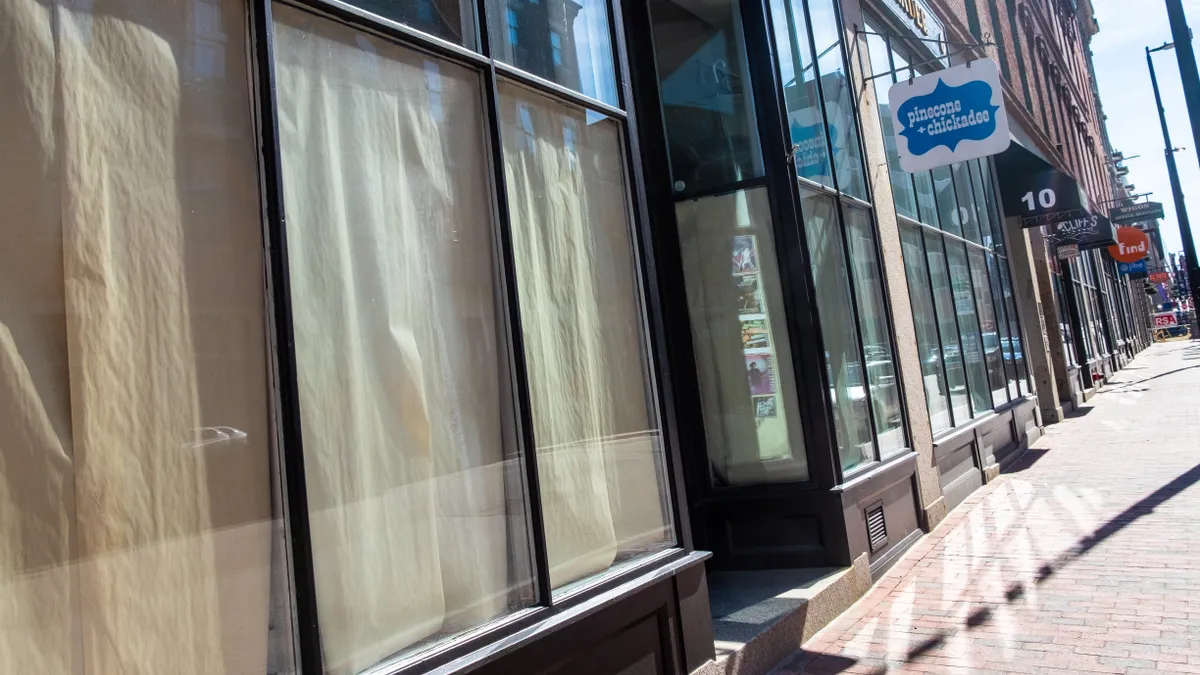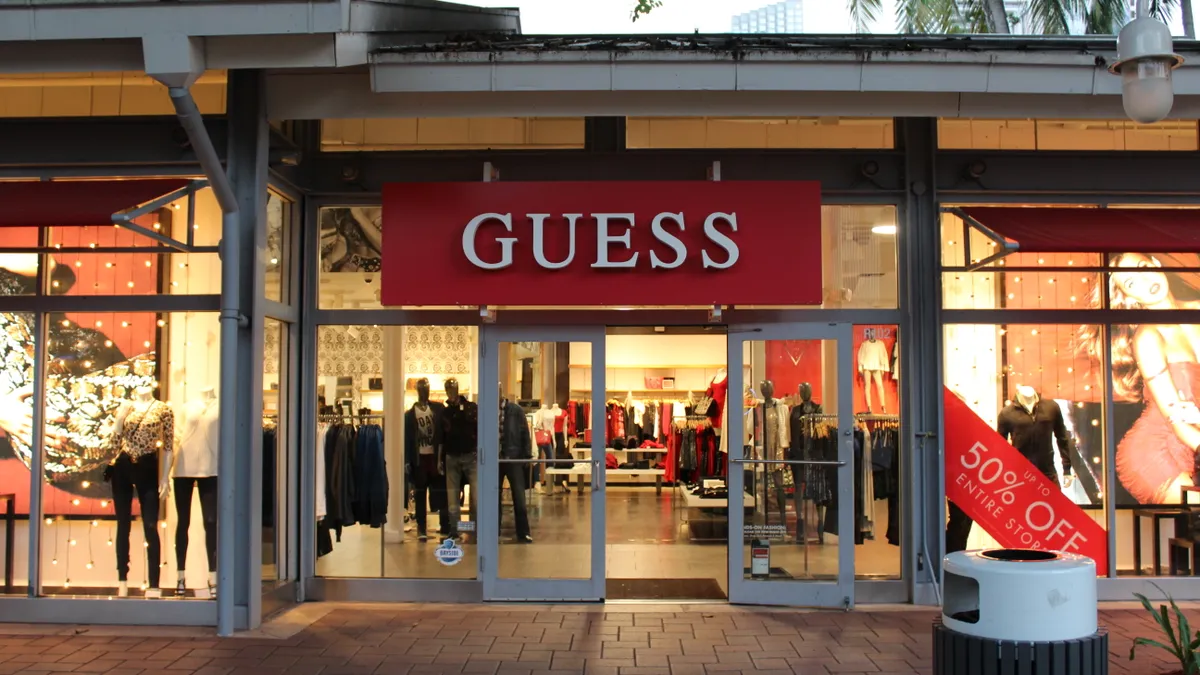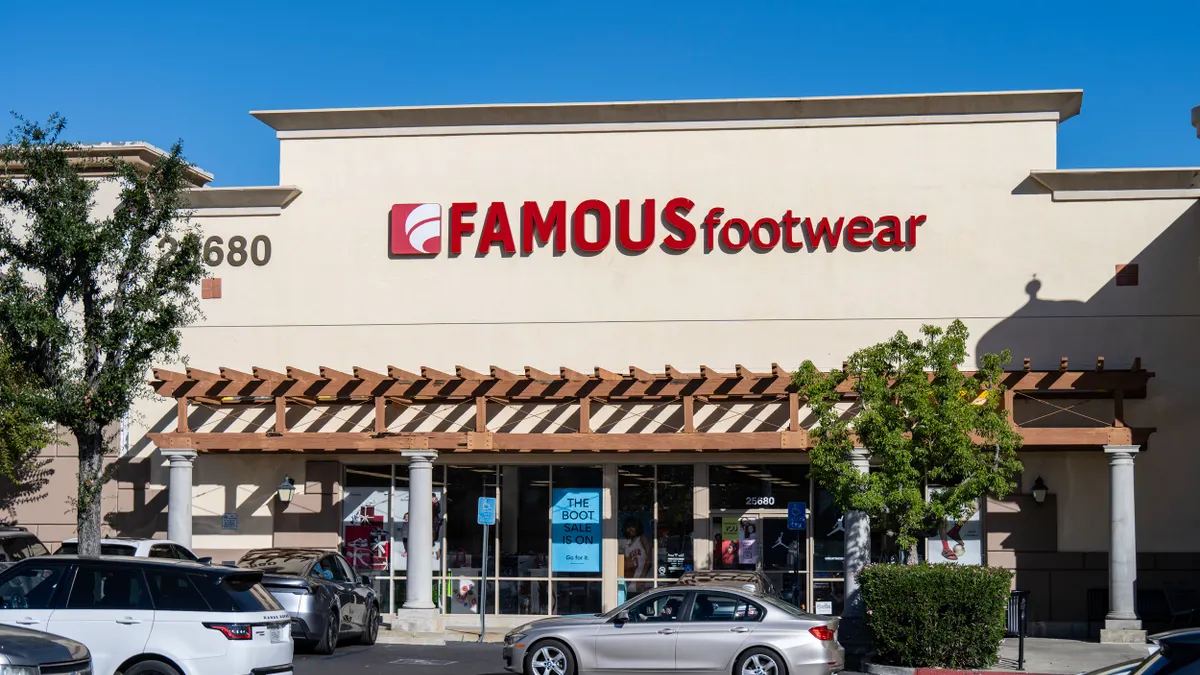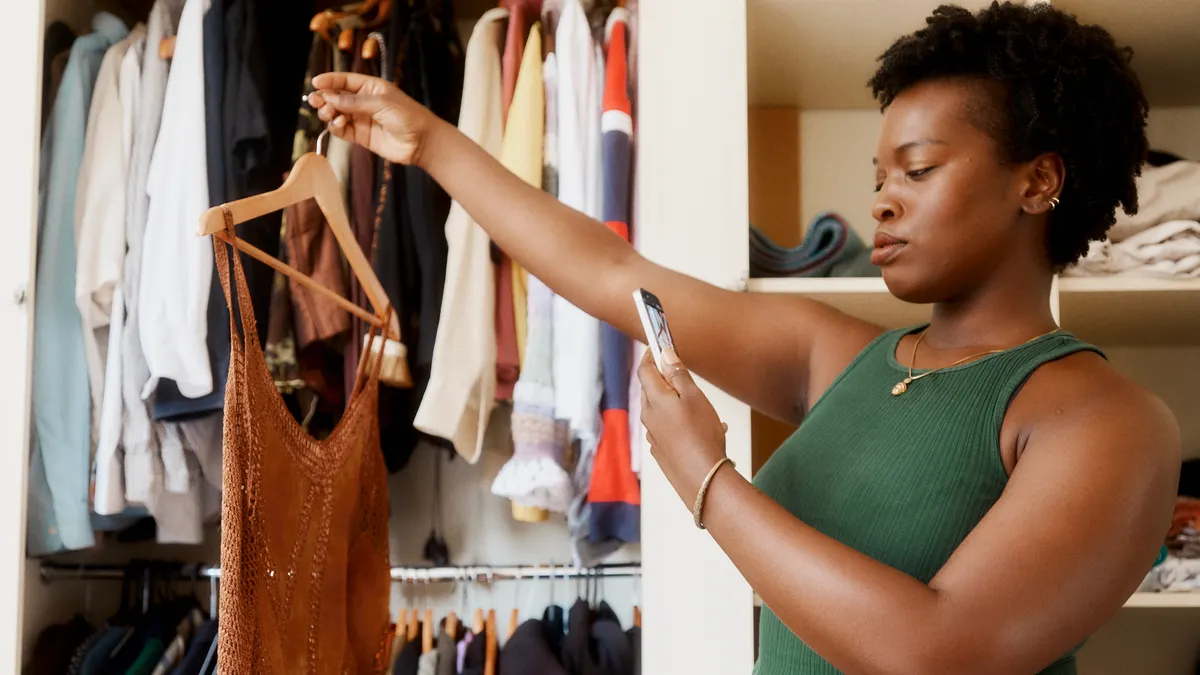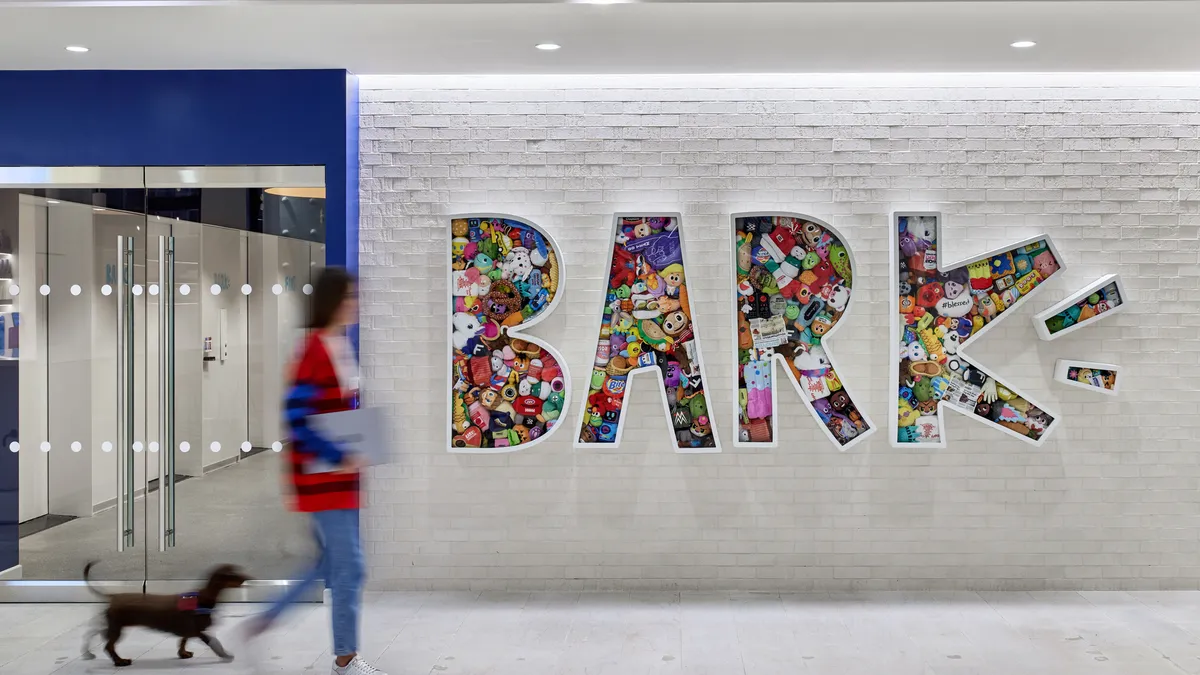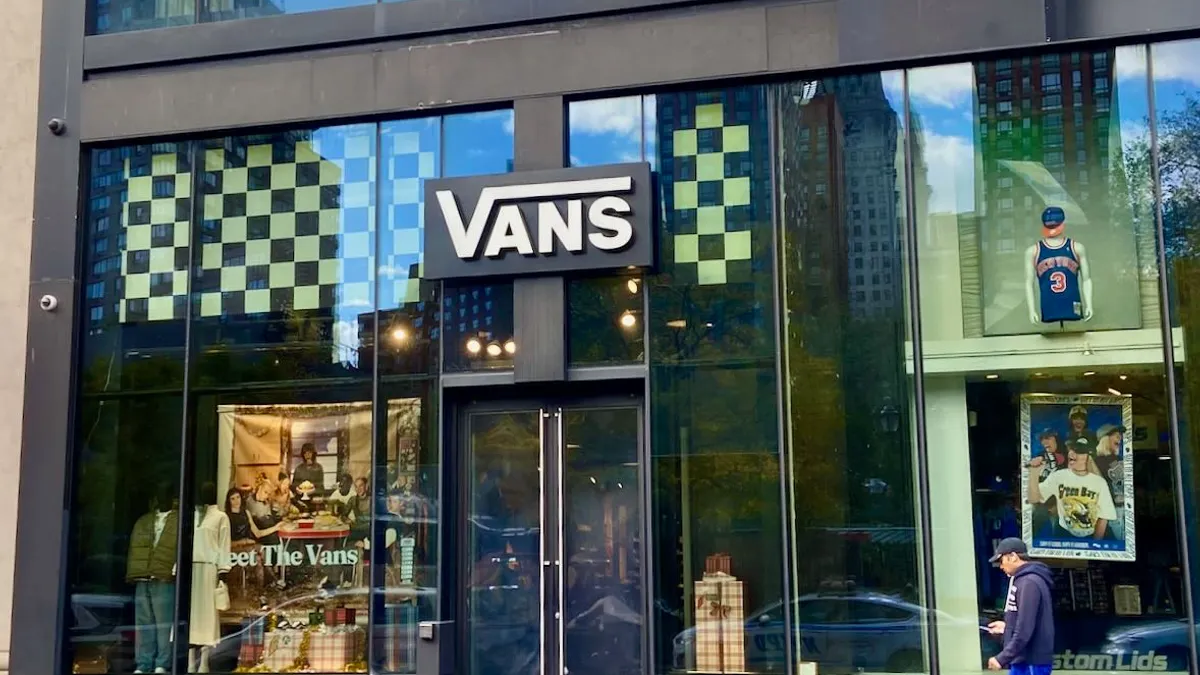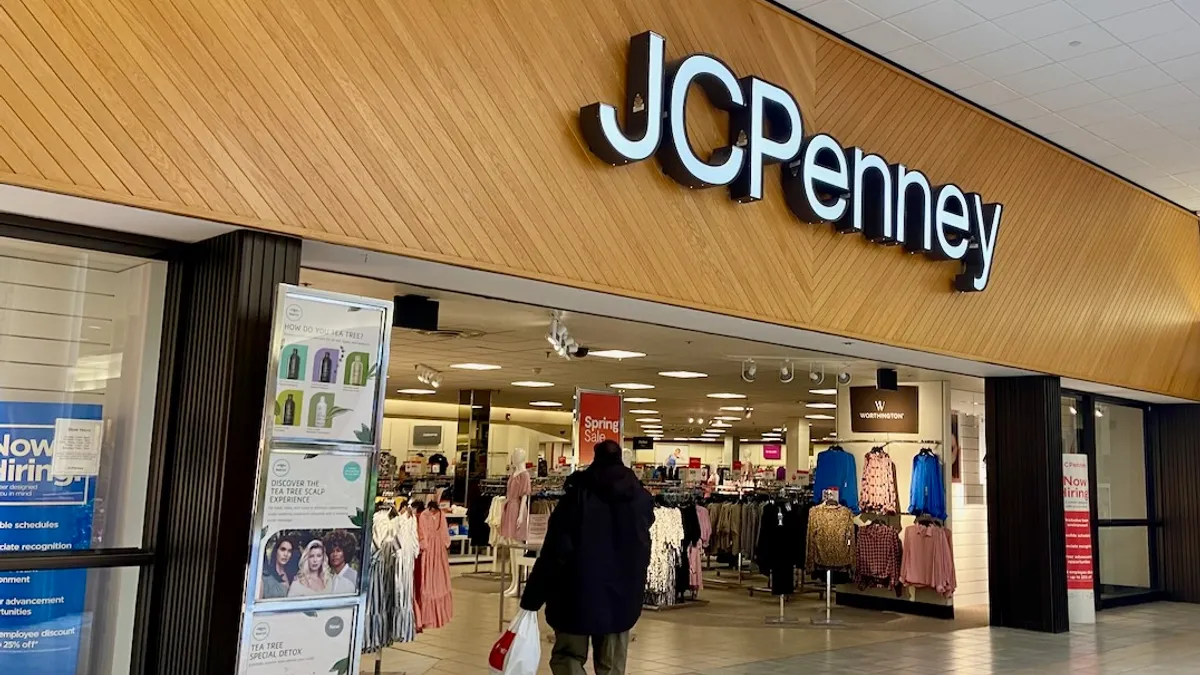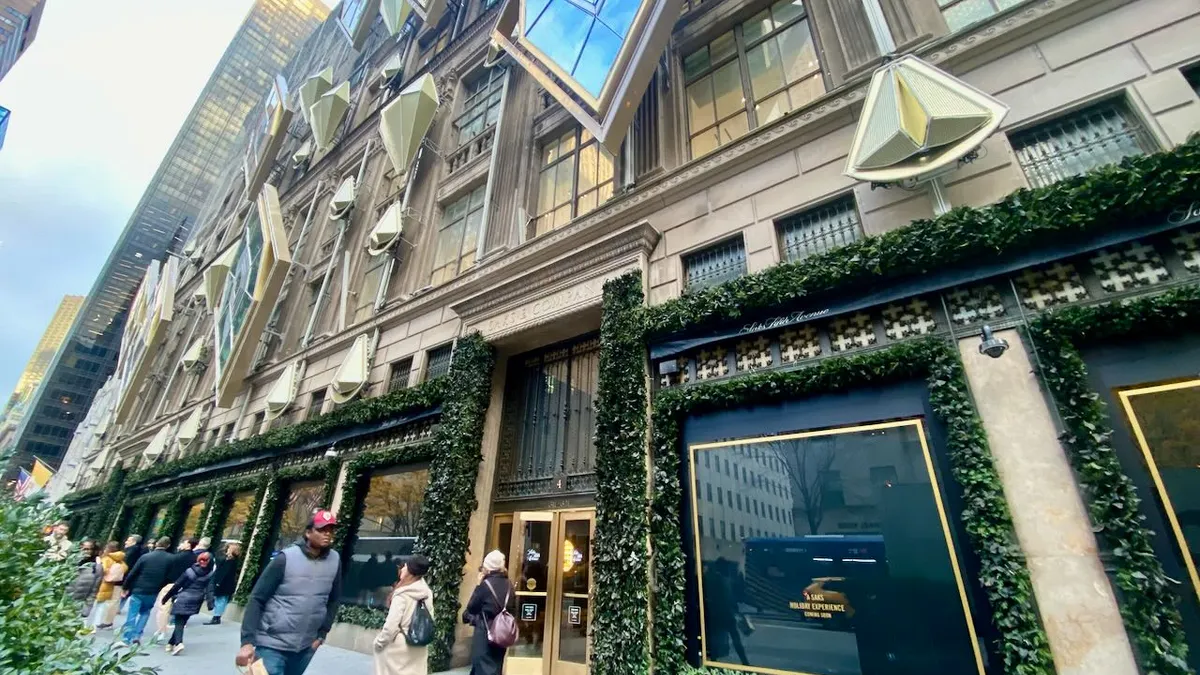It was rent due in April that seemed to spark the trend — retail tenants broke the news to their landlords that they wouldn't be paying up on the stores that had been forced to temporarily shut down as the COVID-19 pandemic worsened.
Now, as the month winds down and store closures seem destined to last for several more weeks, feuding between landlords and their retail tenants is at a fever pitch. Los Angeles retail broker Jay Luchs works with both retail tenants and landlords, and is fielding lots of calls from both.
"There's massive amounts of friction, we've never seen this before, and both are hurting," said Luchs, who is vice chairman at commercial real estate advisory firm Newmark Knight Frank's Century City office. "The tenant is not making any money and not able to pay the landlord, but the landlord is obligated to the bank. Everyone is hit at the same time with so much confusion, and it's not fair for either."
The situation is sparing few retailers, from corner bodegas to national chains, discounters to luxury. But the smaller the retailer, the greater the vulnerability, experts say. More than a third of local retailers have seen sales dry up entirely, according to data from small-business tech and data platform Womply. The firm found that 21% of small-business owners could only survive 30 days like that, and 55% had fewer than 90 days. Delays and difficulties around recent aid offered by the Small Business Administration (SBA) have rendered the program ineffective for many.
"Many local retailers will be dead long before they get SBA emergency loans," Brad Plothow, Womply vice president of brand and communications, said in an email. "Some already are."
Allowing smaller retailers to fail, or get discouraged enough to call it quits, would be a blow to the country's general welfare, considering that the SBA estimates those enterprises drive some 44% of the economy. And that could also alter, perhaps irredeemably, the streetscapes of cities and towns across the country, Luchs warns.
"Brick-and-mortar retail on streets is what makes places special and creative and different," he said in an interview. "Mom-and-pops make up so many cities, they're important to so many of us. You mix restaurants and brands with cool buildings, in cool areas. Imagine a world and a landscape that only had the big tenants and not the mom-and-pops. That's what's in such trouble right now."
The challenges
Small retailers deemed nonessential have little to no financial cushion to weather the weeks they're forced to close, and are less likely to have much e-commerce, if any, to make up for the lost sales.
And they are getting little to no sales these days. Even as they scramble to ramp up digital selling, small retailers in some jurisdictions face confusing and in some cases stringent rules that seem to prevent that, as in Portland, Maine. There, curbside, delivery and even postal fulfillment of orders were banned for a month until an outcry forced a reversal. In general, it's been difficult to shop for much beyond groceries and household products, and consumers also appear to be reining in discretionary spending amid exploding unemployment and fears about economic decline.
"It's going to be hard to sell a $400 cashmere sweater in lime green right now — who's going to buy it?" Fraser Ross, proprietor of cult favorite shop Kitson in Los Angeles, told Retail Dive in an interview. "Easter was the same weekend as Coachella so we were ready for a boom — it's like Christmas honestly — but it's not happening."
Ross works with independent designers whose apparel and home goods are unlikely to be found at a department store or a mass merchant, and that's usually a draw. Now, though, chains are selling those categories while he can't. He resents the fact that the likes of Target and Costco continue to sell discretionary goods like apparel, toys and lawn furniture because those stores are considered essential and don't have to close.
Target last week reported that comparable store sales rose 7% since the beginning of February, though it expects operating margin to drop by more than 5% in the first quarter. In April, the retailer's home decor sales rose a percentage in the "high teens" after single-digit declines in March, but apparel and accessories sales dropped in March and April.
Moreover, the federal government's emergency aid packages so far have been of little help. Over the weekend, the SBA was still posting a notice on its website that no more applications were being taken for loans meant to tide businesses over. Although it resumed doing so on Monday, there were reportedly still delays. Several smaller retailers have had trouble accessing the special loans, even as many large companies took advantage of them. And some small retailer owners in various areas of the country told Retail Dive that they are wary of taking on debt in any case. Debt is another thing that is easier for larger retailers than small ones, says Ross.
"You know, if you owe the banks a thousand dollars, it's your problem," he said. "If you owe the banks a million, it's their problem."
Meanwhile, most landlords are demanding rent of retailers big and small, though some are open to being approached about relief, Luchs said. "For the most part the tenants are trying to stay," he said. "They're trying to work it out — most of these deals are five to 10 year leases when they sign. They're not saying 'Get me out of my lease.' They're trying to figure it out."
The solutions
Ross believes that laws passed in some areas, including the states of Vermont and Michigan, that ban sales of nonessential goods in stores in order to promote social distancing, would also make things more fair.
"In short, it is much better for retailers to have cash and be in default on leases than to be in lease compliance and be broke and/or bankrupt."

Nick Egelanian
President, SiteWorks
But, above all, these businesses need rent relief, experts say.
"Heavily impacted retailers, big and small, should hold onto cash if they have closed stores," Nick Egelanian, president of retail development firm SiteWorks, told Retail Dive in an interview. "The system is not set up for this kind of scenario, and there is little upside to being current on rent if your stores are closed and you are facing extinction. In short, it is much better for retailers to have cash and be in default on leases than to be in lease compliance and be broke and/or bankrupt."
The conundrum is that many landlords, too, are hard-pressed to meet their financial obligations, in some cases to banks or real estate investment trust (REIT) shareholders. "This situation pits retailers against landlords in a death struggle with consumer spending halted," Egelanian said. "The leases themselves are built to deal with problems in a functioning world, not problems in a stopped world."
Simply deferring rent isn't much of a solution for tenants, according to Luchs, because that multiplies the rent that's due in upcoming months. Instead, despite all the friction, it's time for tenant and landlord to work things out together, rather than approaching each other with legalistic letters and threats, he said. "For those landlords [who can afford it], this is their time to be charitable."
Similarly, tenants "should make their decisions carefully and ethically to preserve key leases and pay rent where they have not been harmed," Egelanian said.
But this is a scenario where both probably need the banks and the government to step in and provide solutions as well, like some kind of pause on payment terms, Luchs said. "If the government was able to say, 'Hold on tenant, hold on landlord, this isn't fair to either,' that's something that could save the day."
Egelanian agrees. "The way to save the industry is a payment holiday instead of handing out money through the SBA," he said. "Freeze rent — landlords don't have to pay the mortgage and mortgage companies don't have to pay dividends — and back it up with the full faith and credit of the federal government."
In the future, that could be easier to accomplish, because the industry will have learned its lesson, Egelanian noted. "One of the changes that is sure to occur in the future is that tenants will demand that pandemics be included in force majeure clauses in their leases, and landlords will need to insure over that risk," he said. "It may end up like flood insurance with only the federal government able to underwrite the risk, but it would prevent a systemic collapse like we are seeing now."
Indeed, some small retailer owners, already on the edge, are likely throwing up their hands, Luchs said. As more do, the boarded-up and papered-over store windows and for-lease signs will continue to proliferate, and the streets will empty. And that could last longer then the pandemic itself, warns Kitson owner Ross.
"The small stores are the ones who bring the character to your complexes and your streets," he said. "We've got to keep these areas, these Main Streets, where people want to go when they come to a town. We've got to keep them because malls are a dime a dozen."



